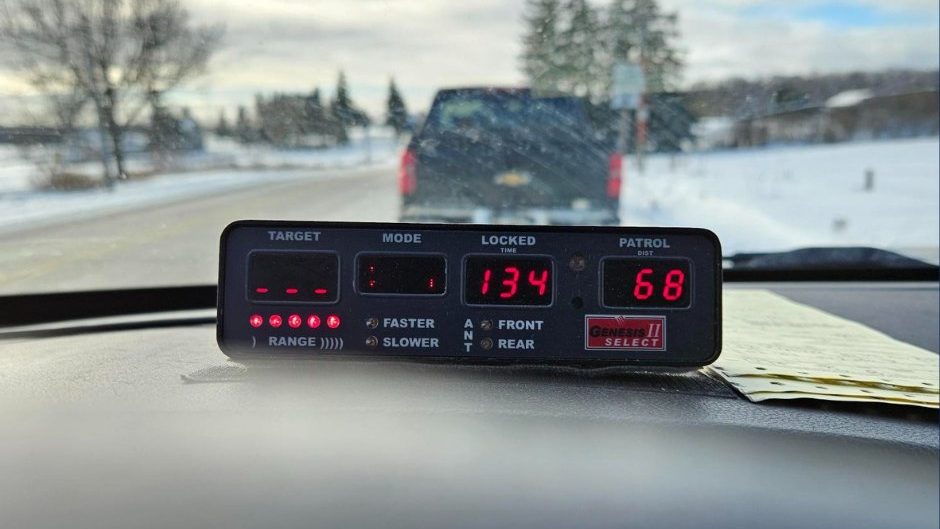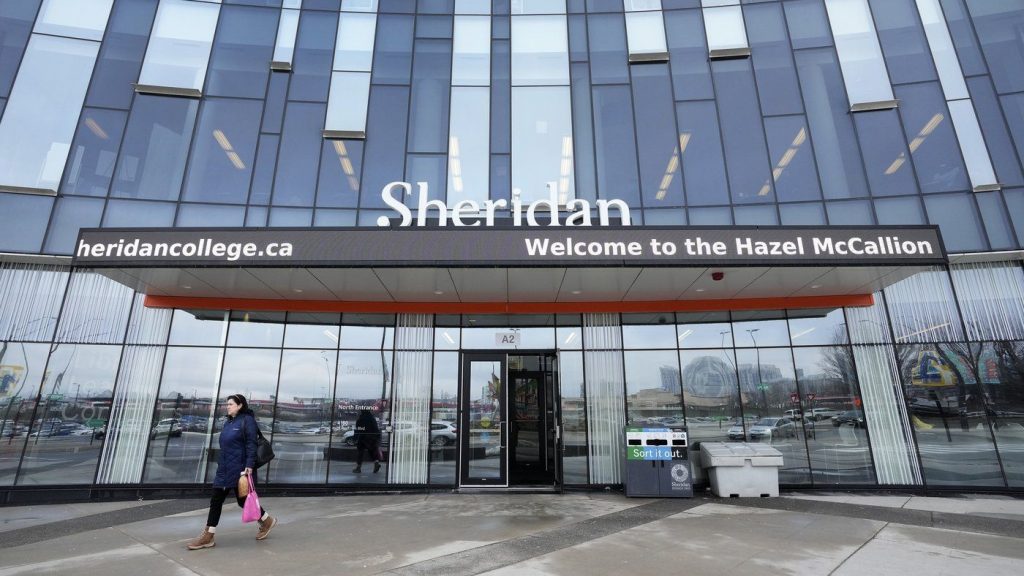Sanguen Mobile bus team continues to dismantle barriers to medical care in the community
Posted Aug 5, 2021 05:15:00 PM.
Mobile clinics have been popping up everywhere since the pandemic began, acting as a convenient and COVID-safe way to make medical care, as well as COVID testing and vaccines, more accessible.
Included in the ever-growing list of mobile clinics is the Sanguen Mobile Health Clinic, which serendipitously launched just before the pandemic hit in March 2020.
The clinic was born out of a need for low-barrier primary care health services for marginalized populations in Kitchener and Cambridge, including those experiencing poverty, homelessness, substance abuse and mental health challenges.
“We’re a little bit like a walk-in clinic,” said Cathy Green, outreach support worker for the team. “People can come with any issues that they're worried about, and we help treat them. We do a lot of wound care, a lot of testing. Really, we're just out there trying to provide low-barrier, easy access care.”
The bus team also includes a nurse and a nurse practitioner, and occasionally a social worker who provides mental health support — something they hope will become more regular in the future. The team typically serves anywhere between 50 to 100 people each week.
Last April the bus was repurposed to act as a mobile assessment program for COVID-19, to test and flatten the curve among vulnerable populations. But along with COVID testing and vaccines, they have continued to provide the community with what Green deems as judgement-free urgent care.
But even before the pandemic caused countless services to shut down or limit access, Green says there were barriers for some people to access necessary medical care.
“Unfortunately, there's a lot of stigma in the medical community, in the community in general, and shame that is associated with drug abuse and homelessness [so] people don't feel comfortable accessing traditional forms of healthcare.”
Some people also face transportation barriers, so they wanted to be able to bring the services directly to people, and “provide care where people can know that we're not going to judge them for their life, their homelessness, or their drug use.”
Those barriers only increased with the pandemic, as places began to close, limit how many people they would see in person, or move entirely to virtual or phone appointments. This shift was problematic for some, because public spaces that offered internet or phone access were no longer accessible.
“With our community that we serve, not a lot of people have cell phones, or the places where they may have access to the phone are no longer open, or just offer very limited access,” Green said.
Not only that, but people without internet or TV access had no way of knowing what services were open. In these cases, the team will help get them connected to the services they need.
“Everybody deserves the services [and] to be treated with dignity and respect. And I think compassion and acknowledging the struggle is really what drives most of us,” Green said. “We want to help people as much as we can, make their lives a little bit better where we can.”
You can visit their website to learn more or view their schedule.








